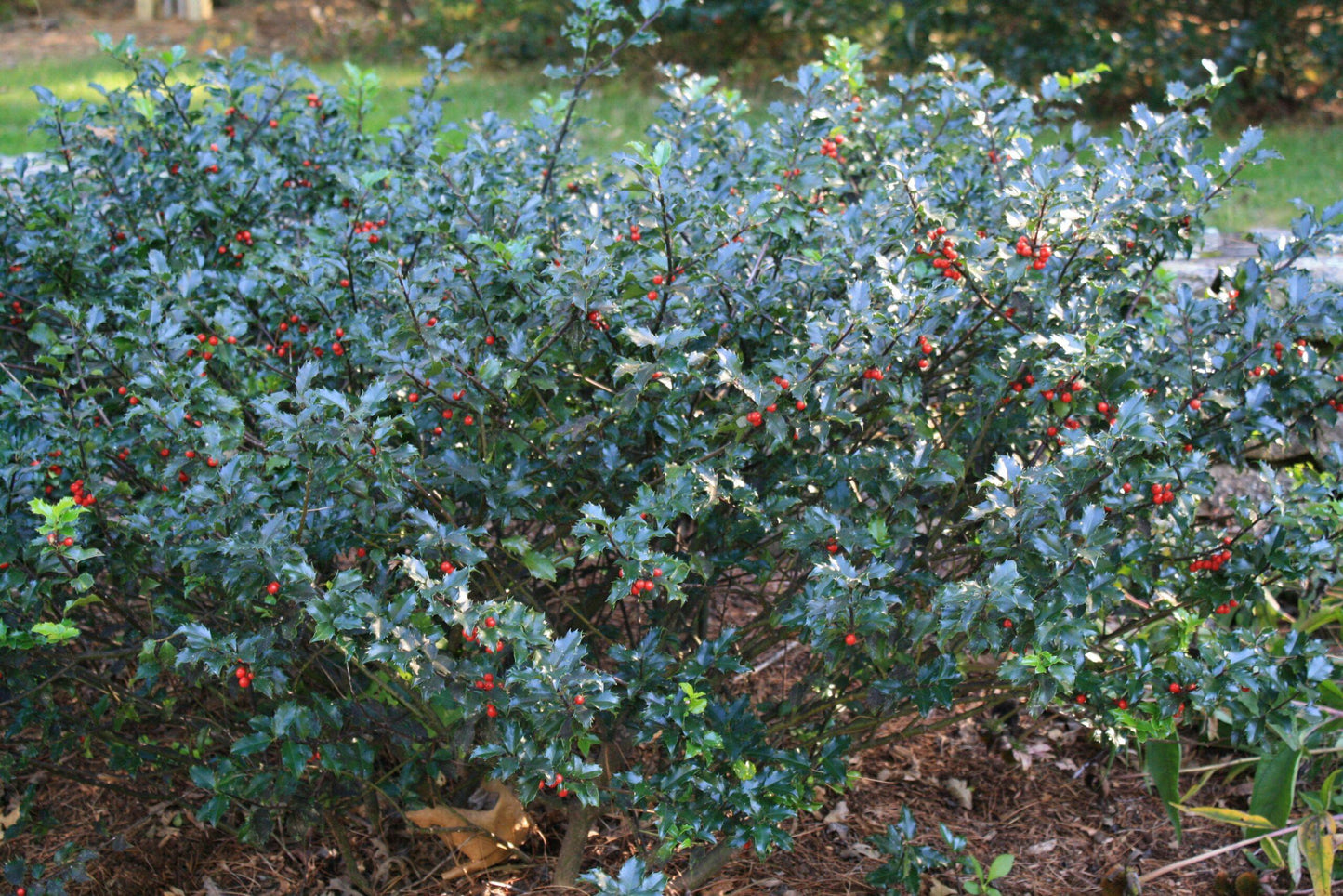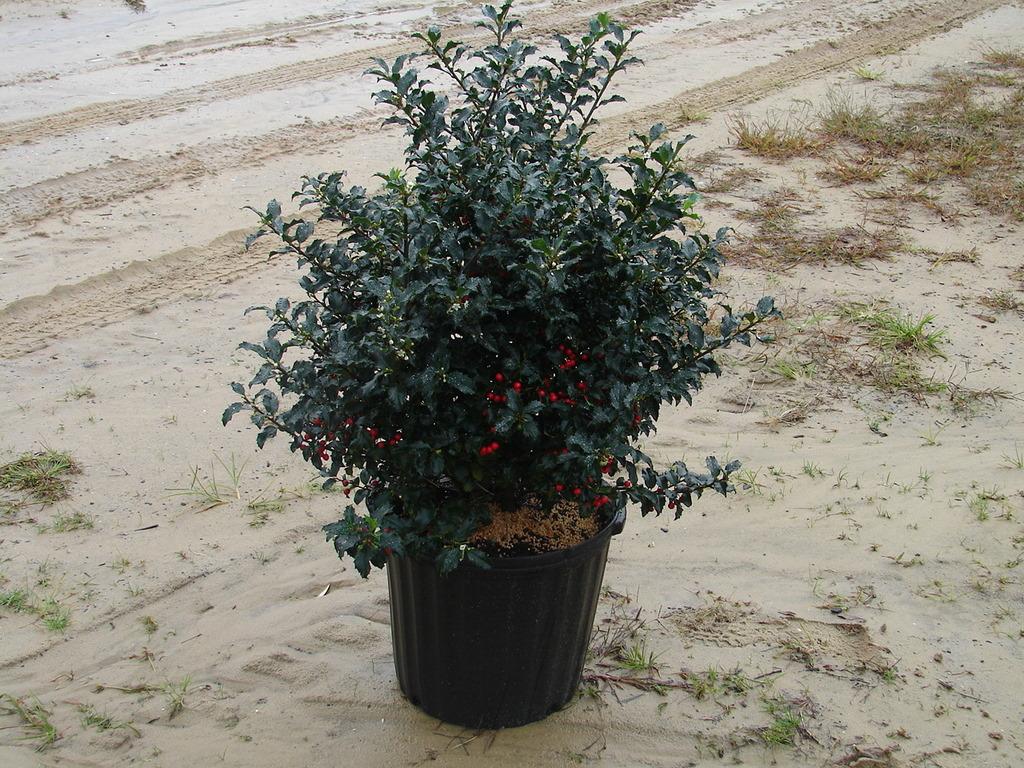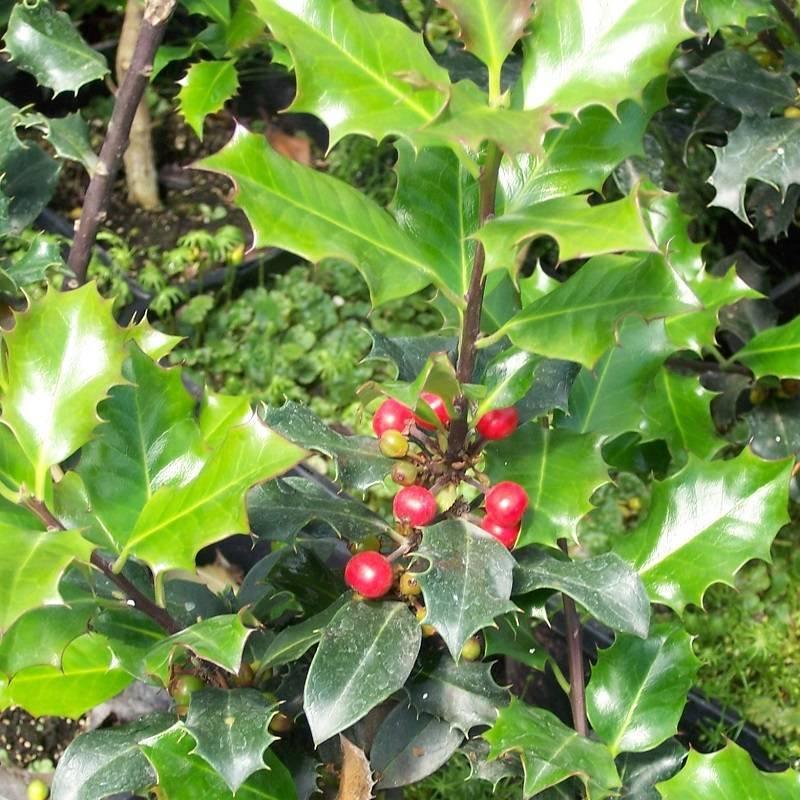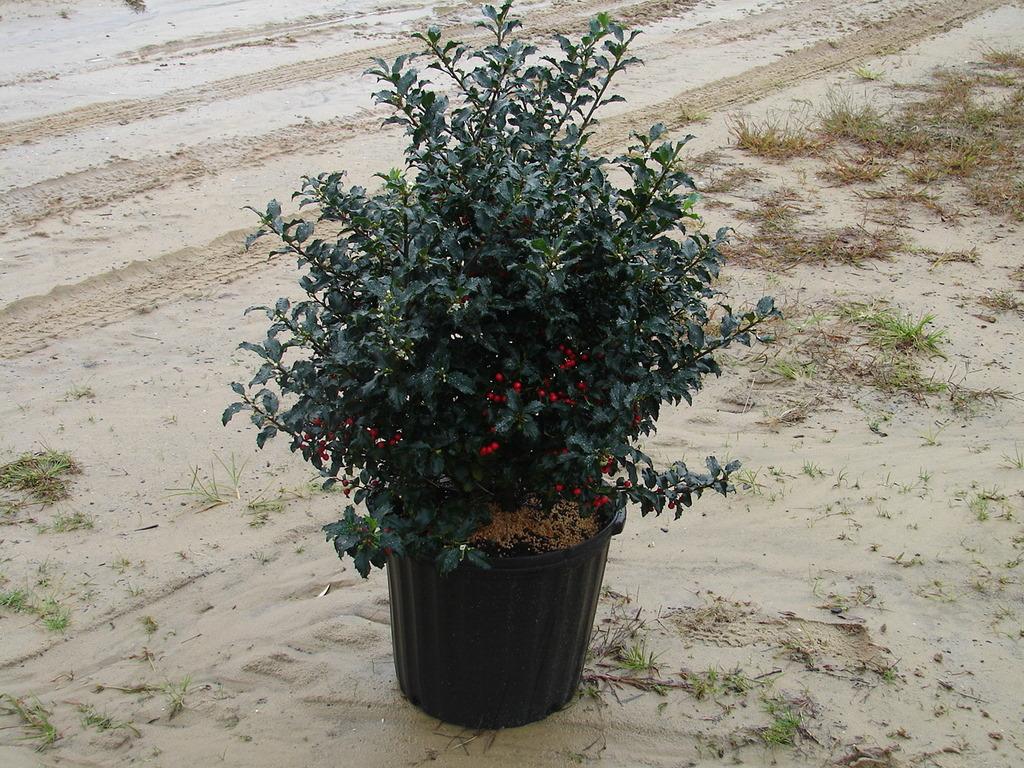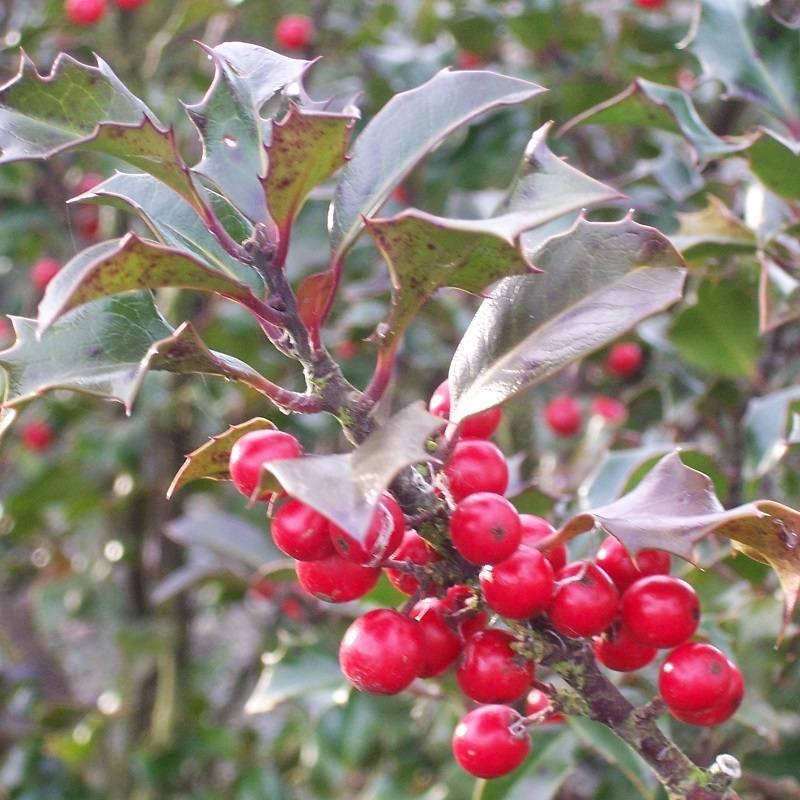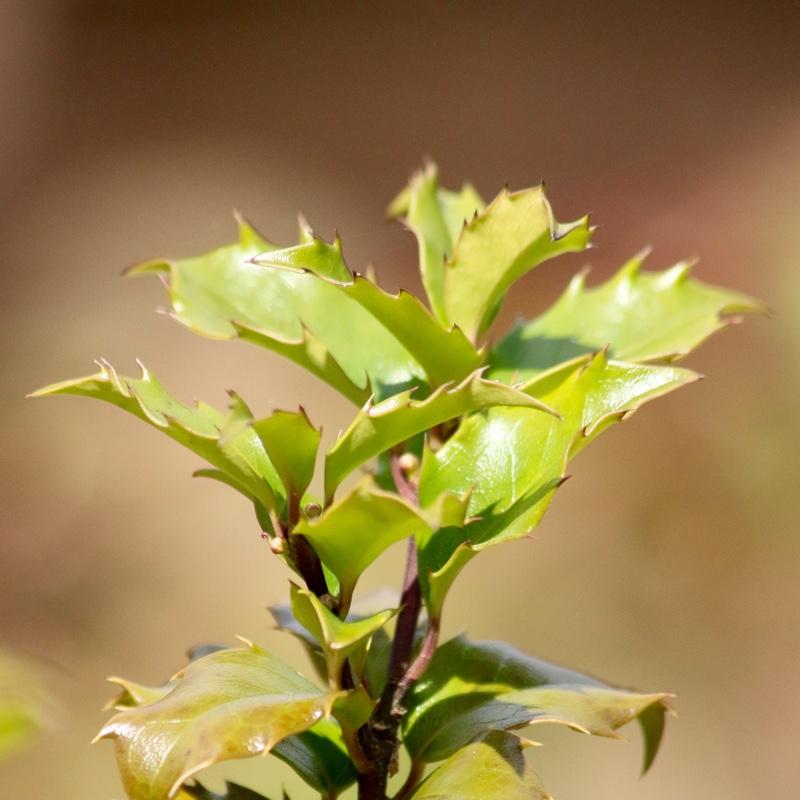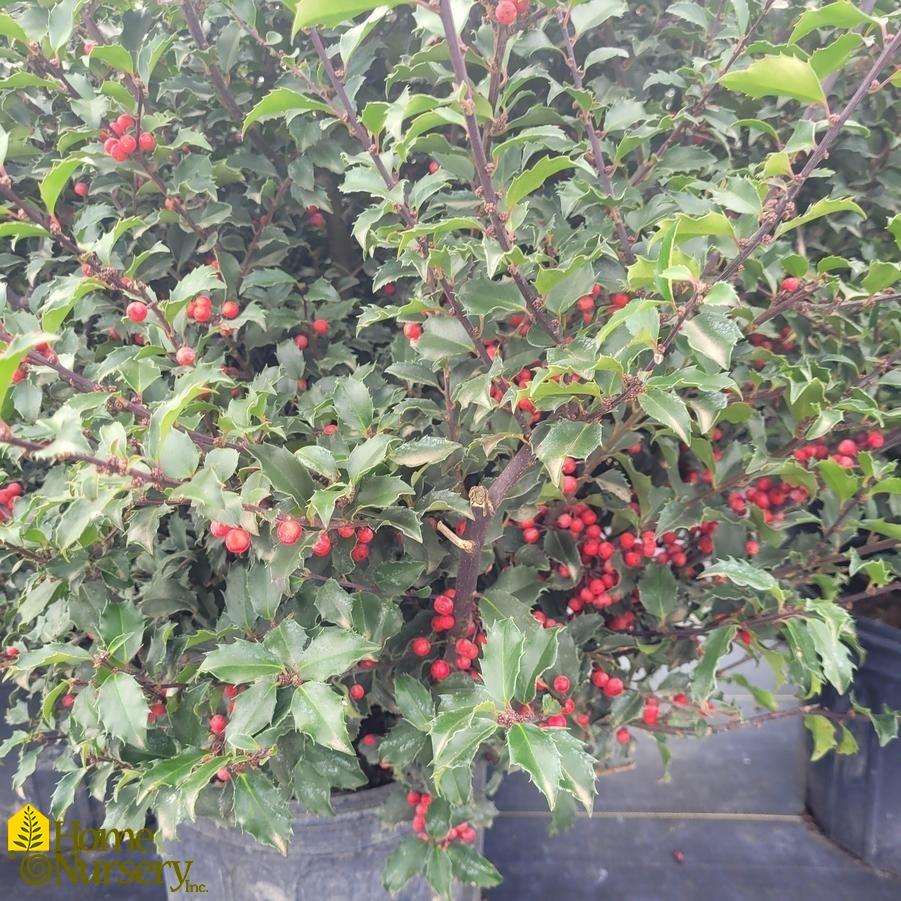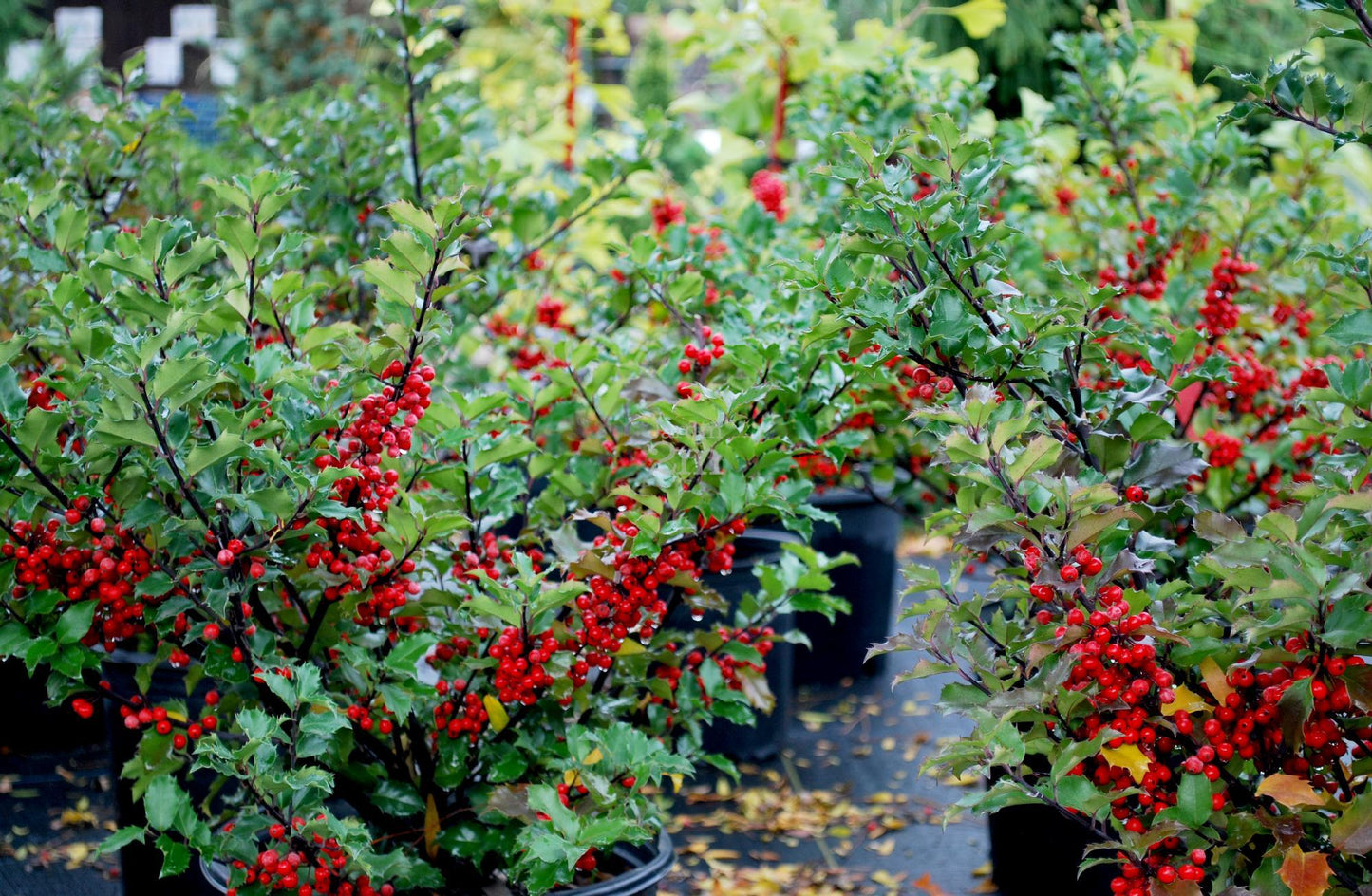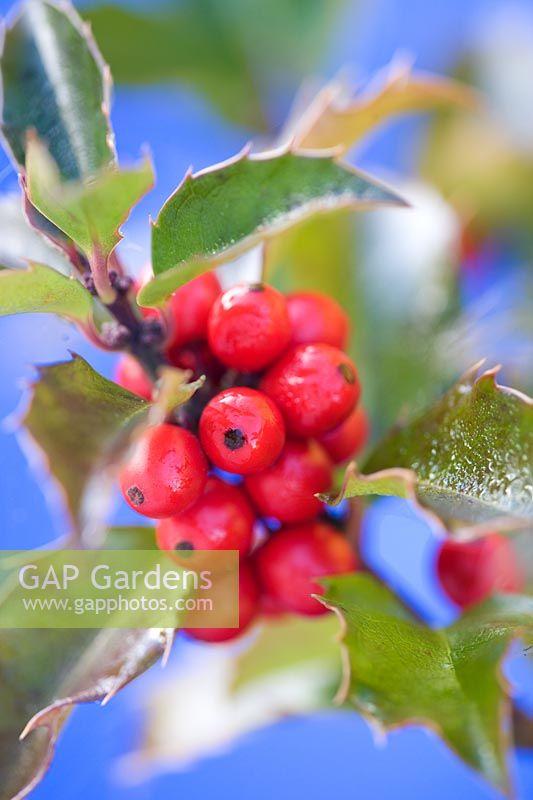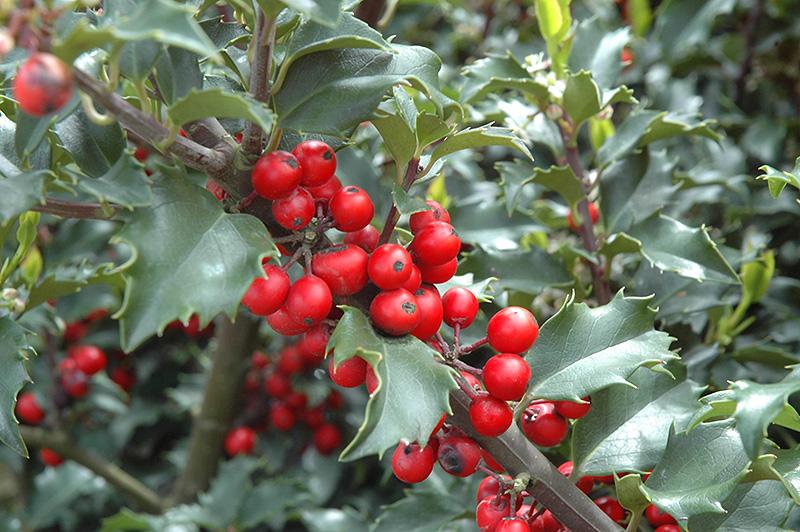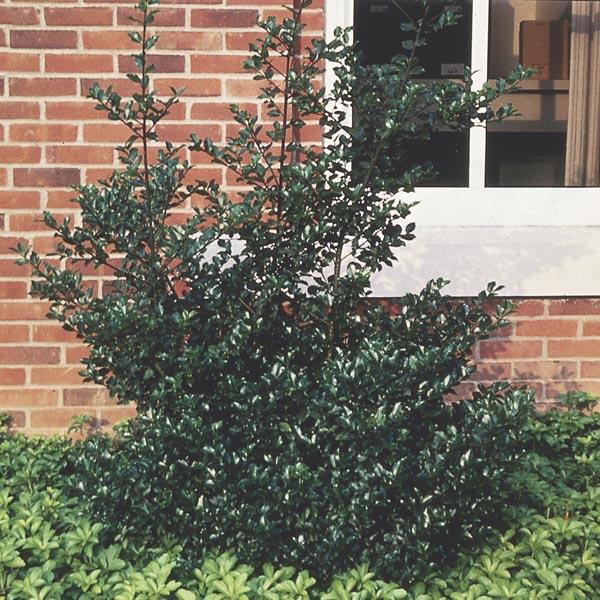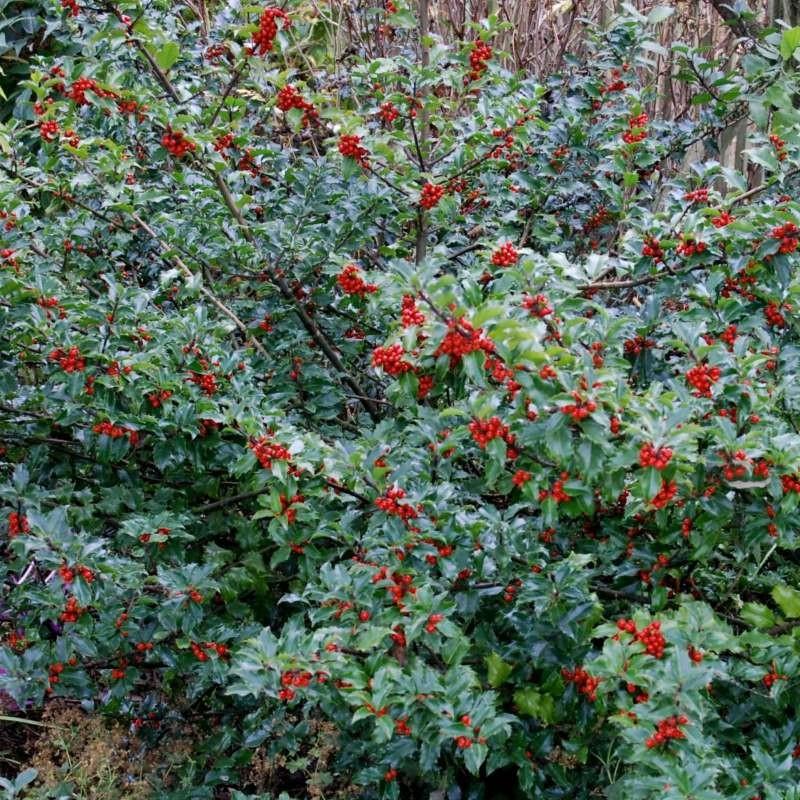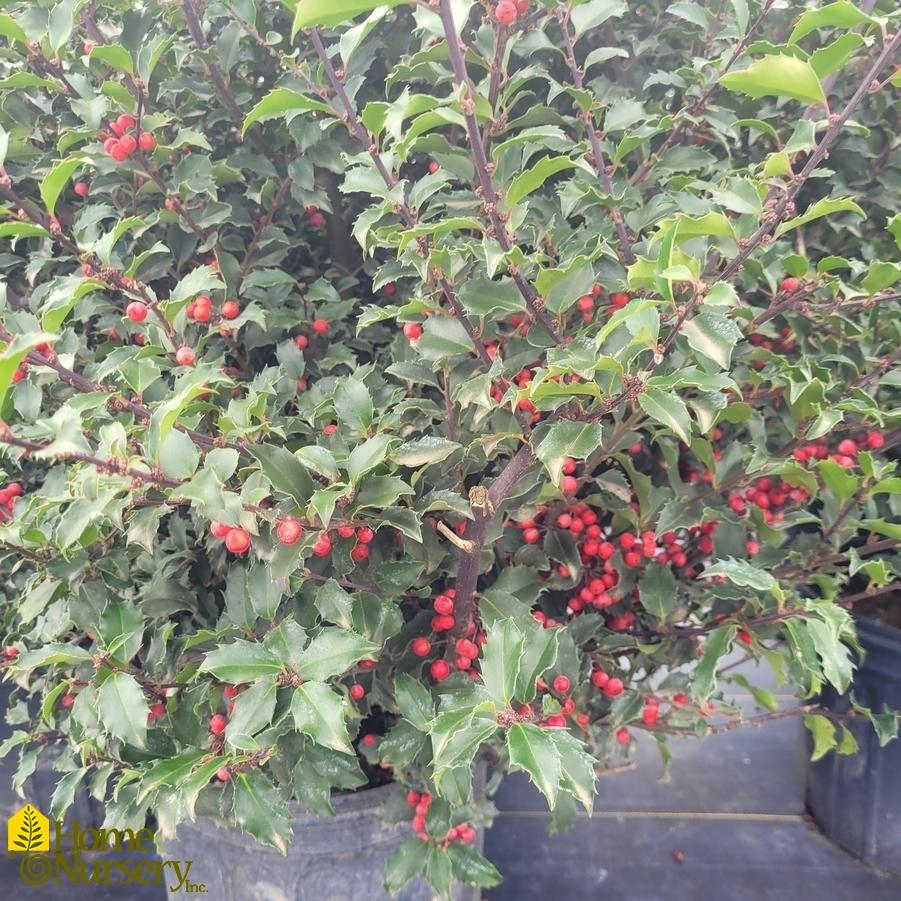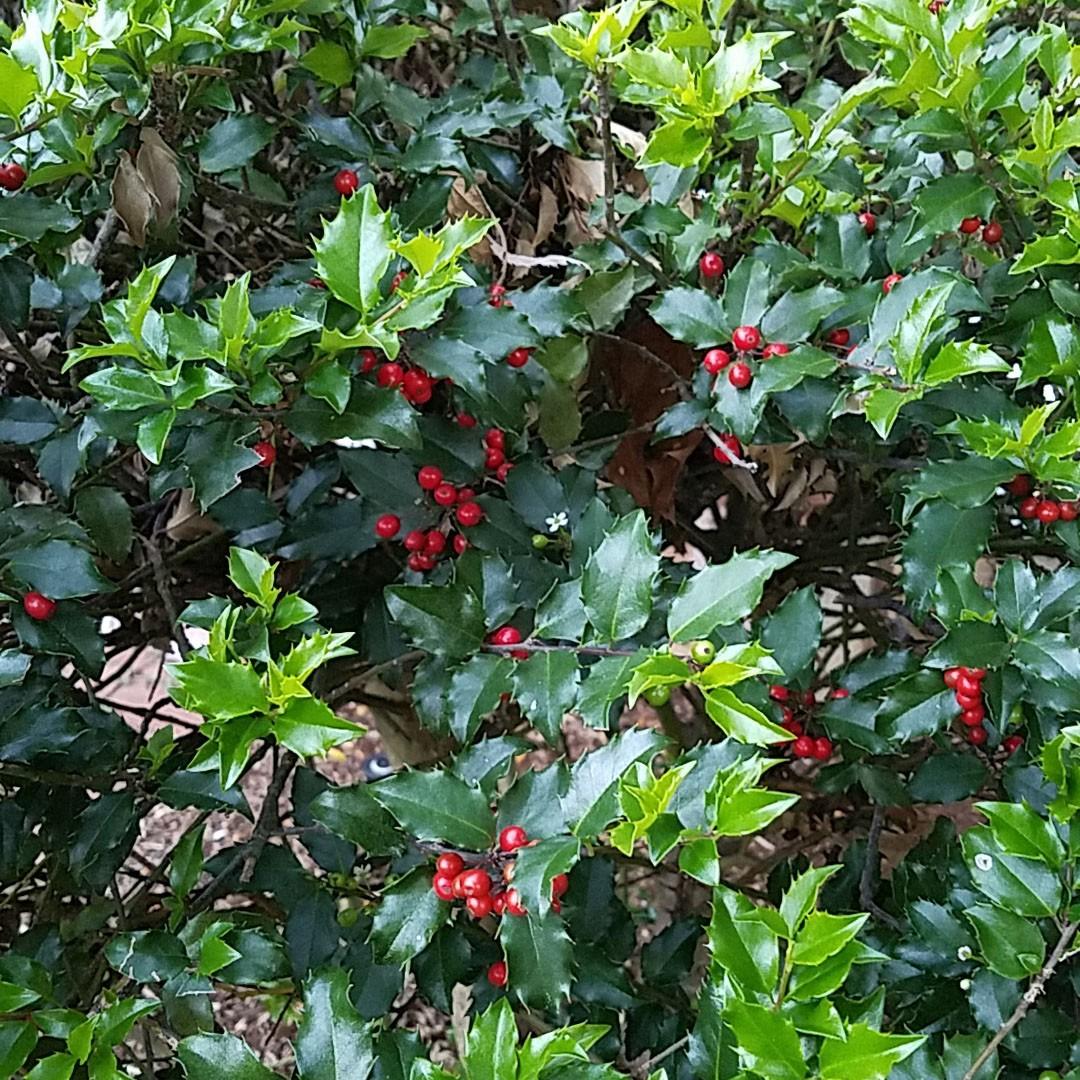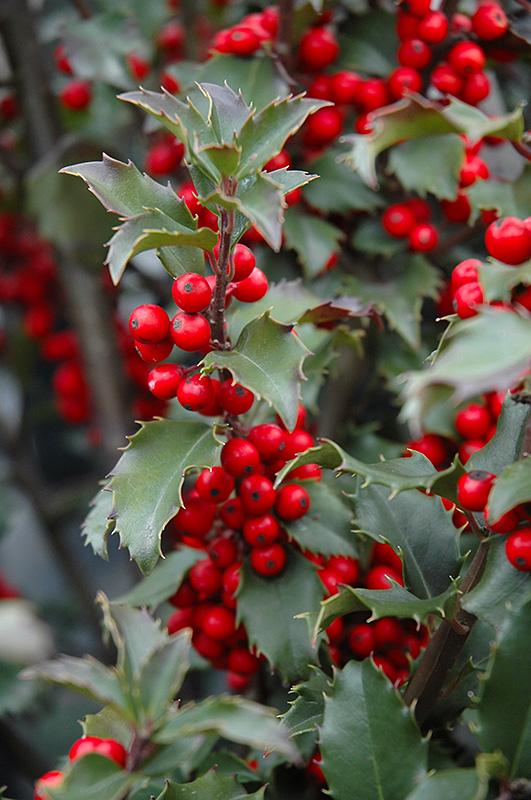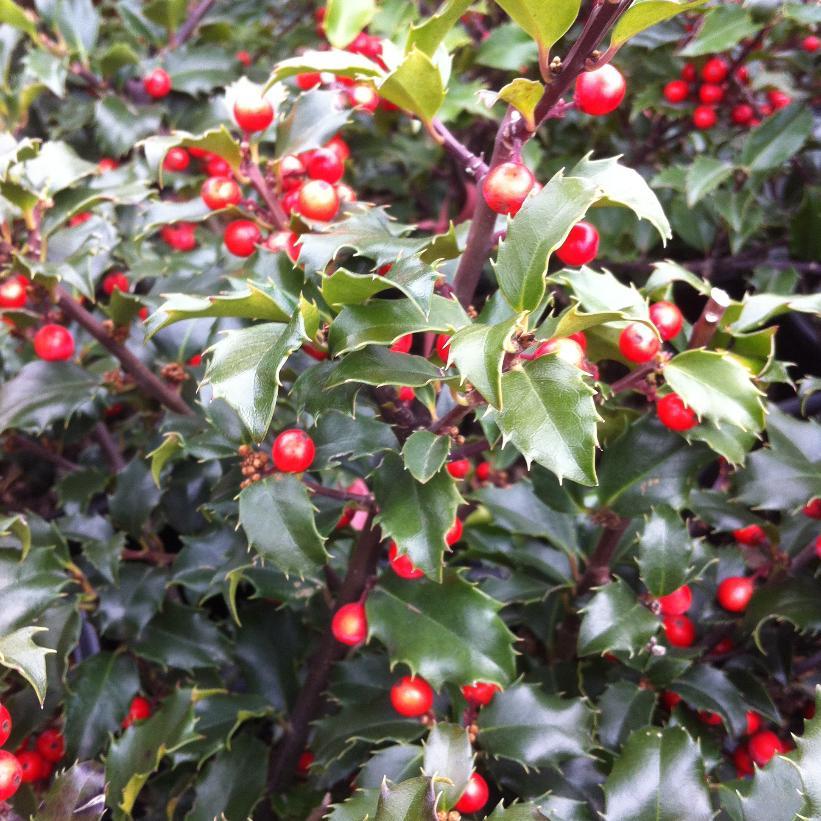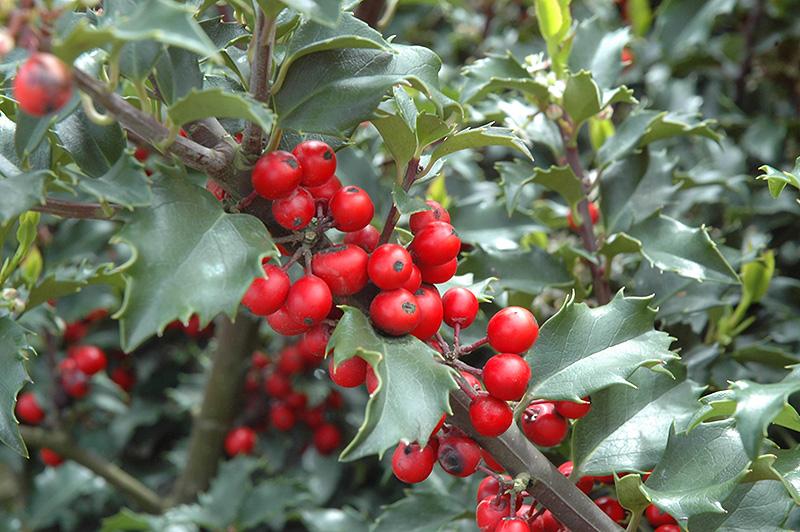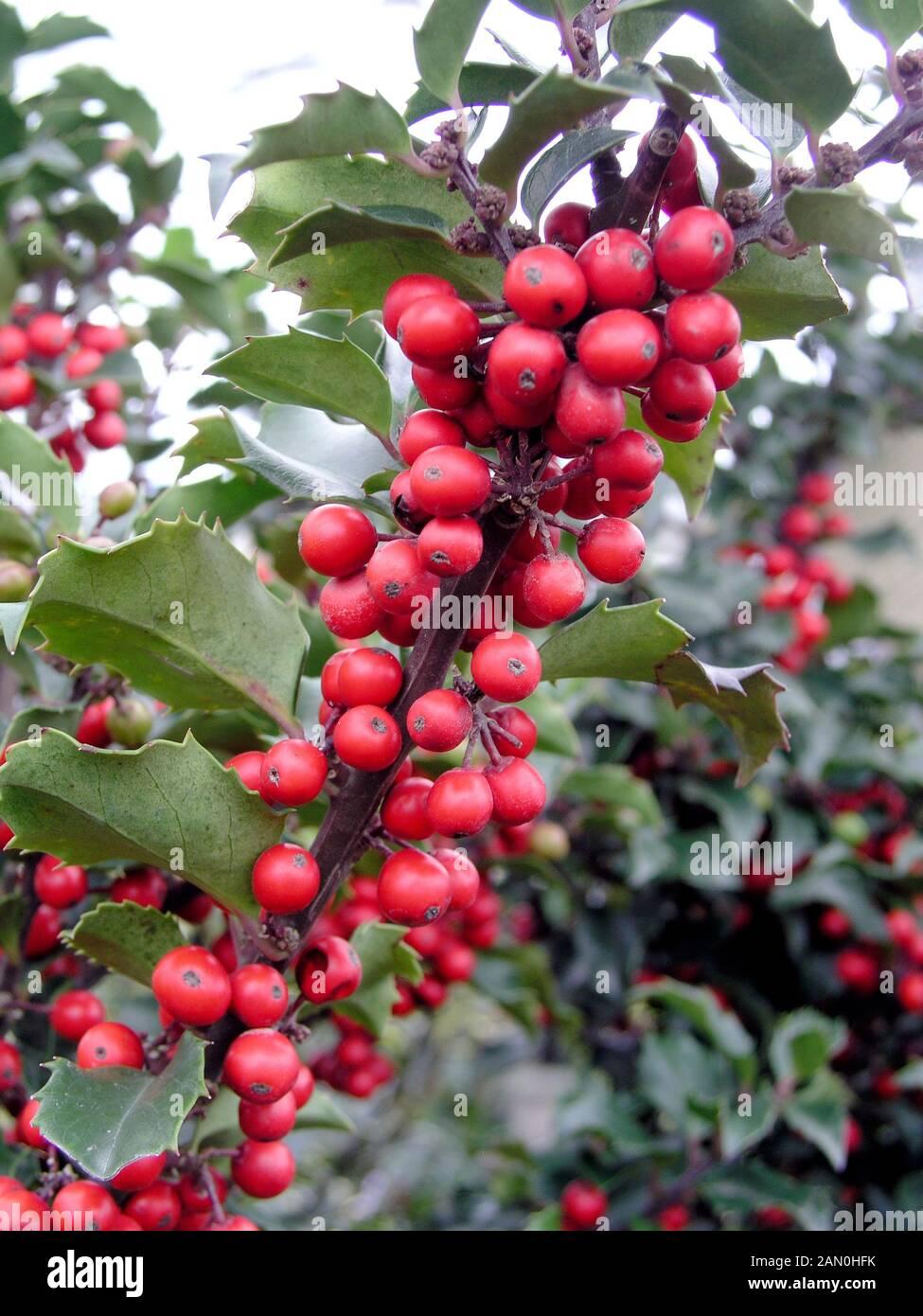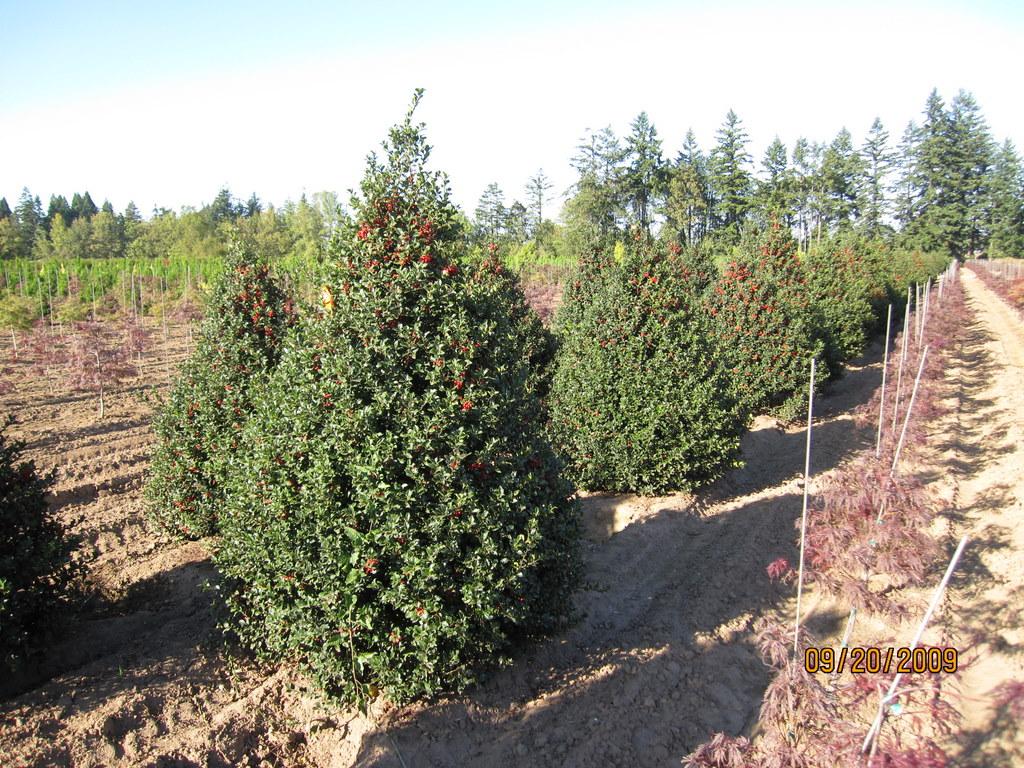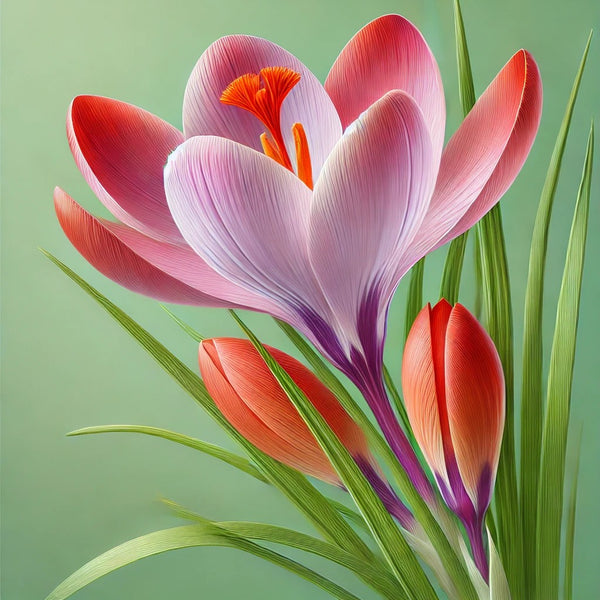1
/
of
22
Blue Princess Meserve Holly-Evergreen-Attracts Birds 4/5' h B&B
Blue Princess Meserve Holly-Evergreen-Attracts Birds 4/5' h B&B
Regular price
$1,172.00 USD
Regular price
$1,523.60 USD
Sale price
$1,172.00 USD
Unit price
/
per
Shipping calculated at checkout.
SKU:nse0583-redcrocus
Couldn't load pickup availability
Ilex meserveae 'Blue Princess'
Description
The 'Blue Princess' Meserve Holly is a popular evergreen shrub known for its glossy, blue-green foliage and bright red berries that provide winter interest. This female cultivar requires a male pollinator, such as 'Blue Prince', to produce its vibrant berries. It's a hardy plant that adds year-round beauty to gardens and landscapes.
Suggested Uses
Ideal for use as a hedge, foundation plant, or in mixed borders. Its dense foliage makes it excellent for privacy screens, and the berries attract birds, adding wildlife interest to your garden.
Plant Details
-
 Botanical Name: Ilex meserveae 'Blue Princess'
Botanical Name: Ilex meserveae 'Blue Princess' -
 Common Name: Blue Princess' Meserve Holly
Common Name: Blue Princess' Meserve Holly -
 Size & Growth: 8-12 feet tall and wide
Size & Growth: 8-12 feet tall and wide -
 Hardiness Zones: 5-9
Hardiness Zones: 5-9 -
 Foliage Type: Evergreen
Foliage Type: Evergreen -
 Bloom Time: Spring
Bloom Time: Spring -
 Growth Rate: Moderate
Growth Rate: Moderate -
 Light Requirements: Full sun to part shade
Light Requirements: Full sun to part shade -
 Attracts Pollinators: Yes, especially birds
Attracts Pollinators: Yes, especially birds -
 Indoor Friendly: No
Indoor Friendly: No -
 Container Friendly: Yes, with proper care
Container Friendly: Yes, with proper care -
 Deer Resistant: Yes
Deer Resistant: Yes -
 Pet Warning: Berries are toxic if ingested
Pet Warning: Berries are toxic if ingested -
 Fragrant: No
Fragrant: No -
 Cut Flower: Yes, for decorative arrangements
Cut Flower: Yes, for decorative arrangements -
 Grows Well With: Other hollies, boxwoods, and evergreens
Grows Well With: Other hollies, boxwoods, and evergreens
Care Tips
-
 Planting Instructions: Plant in well-drained soil, spacing plants 5-10 feet apart
Planting Instructions: Plant in well-drained soil, spacing plants 5-10 feet apart -
 Soil Moisture: Keep soil consistently moist, especially in the first year
Soil Moisture: Keep soil consistently moist, especially in the first year -
 Soil Type: Prefers acidic, loamy soil
Soil Type: Prefers acidic, loamy soil -
 Humidity: Tolerates average humidity levels
Humidity: Tolerates average humidity levels -
 Pruning Instructions: Prune in late winter or early spring to maintain shape
Pruning Instructions: Prune in late winter or early spring to maintain shape -
 Winter Care: Mulch to protect roots in colder zones
Winter Care: Mulch to protect roots in colder zones -
 Planting Depth: Plant at the same depth as in the nursery container
Planting Depth: Plant at the same depth as in the nursery container -
 Fertilization: Fertilize in early spring with a balanced fertilizer
Fertilization: Fertilize in early spring with a balanced fertilizer -
 Special Care: Ensure a male pollinator is nearby for berry production
Special Care: Ensure a male pollinator is nearby for berry production
Share
